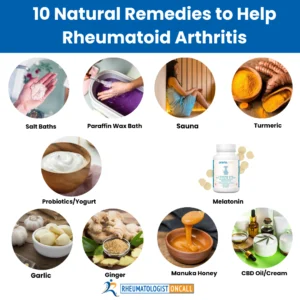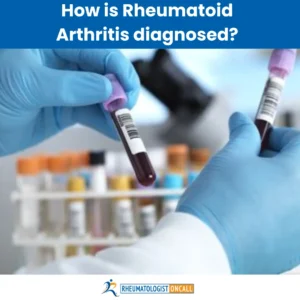SHARE
If you have inflammatory arthritis and you have exhausted the “conventional” treatments (e.g. hydroxychloroquine or methotrexate or leflunomide also called DMARDs), the next step in treatment will be to try a more targeted therapy, a class of medication called “biologics”. “How much do biologics cost?” is a very frequent question that I receive from my patients.

I have to tell you, biologics are very costly medications. Patients are often blown away when they hear about the cost of these medications. Therefore, before we proceed to discuss the costs and how you may afford these medications, it is best to understand a few things about these medications.
What are biologics?
Biologics are targeted therapies directed against specific molecules that produce inflammation. They will block molecules that produce inflammation and damage of your joints and other organs. Since the discovery of multiple molecules that produce inflammation (e.g IL-6, TNF- alpha, IL-17), the researchers have created molecules that will inhibit the action of these molecules of inflammation. Therefore, you will see that biologics are called “IL-6 inhibitors” or “TNF-inhibitors” or “JAK inhibitors”.
When are biologics recommended by my doctor?
Many patients are asking a legitimate question. When is the time to start biologics? Usually, biologics are started after “conventional anti-rheumatic drugs” have failed to achieve a good response. First, you have to know, there are about 40% of patients that will respond to “conventional anti-rheumatic drugs, also called DMARDs. Second, you should give a try to these medications before trying biologics. However, in severe cases of inflammatory arthritis, your rheumatologist might choose to start biologics earlier or in addition to the DMARDs.
Can I get them from the regular pharmacies?
No. Many of these medications require special conditions for storage. These medications are only dispensed via Specialty pharmacies. these pharmacies handle the pre-authorization process. They also make sure you get the medications shipped to you in proper condition.
How much do biologics cost?
Below, I will give you a list of the most commonly used biologics that you may self-administer (subcutaneously) today and their costs. This list does not contain the formulary that are given as IV/ infusions. The prices are approximated and reflect the prices reported in 2021.
| Drug name | Brand name | Frequency | Price/ pen | Annual Therapy Cost |
| Adalimumab (pen) | Humira | Every 2 weeks | $3,580.91/pen | $84000 |
| Etanercept (pen) | Enbrel | Every week | $1,790.45/pen | $85000 |
| Golimumab | Simponi | Every month | $6,319.98/ pen | $76000 |
| Certolizumab | Cimzia | Every 2 weeks | $ 2,778.67 / pen | $66700 |
| Tocilizumab | Actemra | Every 2 weeks (<100kg)
Weekly (>100kg) |
$1,291.24/ pen | $46000 |
| Sarilumab | Kevzara | Every 2 weeks | $1,924.69/pen | $46000 |
| Secukinumab | Cosentyx | 150 mg at weeks 0, 1, 2, 3, and 4 followed by 150 mg every 4 weeks | $3,557.60/pen | $53000 |
| Ixekizumab | Taltz | 160 mg once, followed by 80 mg every 4 weeks. | $7,169.28/pen | $86000 |
| Abatacept | Orencia | weekly | $1,455.15 /pen | $70000 |
| Tofacinimb | Xeljanz XR 11mg | daily | $197.22 / pill | $70000 |
| Baricitinib | Olumiant | daily | $95.14 /pill | $34000 |
| Upadacitinib | Rinvoq | daily | $211.22 /pill | $75000 |
Why are biologics so expensive?
These medications are the result of many years of research and development. Before approval for patient use, they were tested in multiple clinical trials.The manufacturing process is complex. They require special cell lines to be produced, since many of these medications are “monoclonal antibodies”. Moreover, biologics are produced in small quantities.
How can you afford biologics?
If you have private insurance, work with your rheumatologist to get these medications approved. Sometimes, your insurance will not pay the full price and you will be responsible for a big amount of money.
If you have Medicare insurance, that becomes a problem. Medicare prefers to pay for infusions and not for biologics that are pills or you may self-administered. Why? Hard to answer this question. Since the cost of infusions is significantly higher, and will always add more in cost if you will be forced to pay facility fees.
If you do not have insurance, stay tuned as I will discuss in my next blog post how you may afford these.
Dr. Diana Girnita spends a lot of time being an advocate for her patient’s needs. These days, many insurance companies try to deny access to these medications or delay the access to them. In conclusion, having a physician that advocates for your case, will significantly speed up the process of approval.














